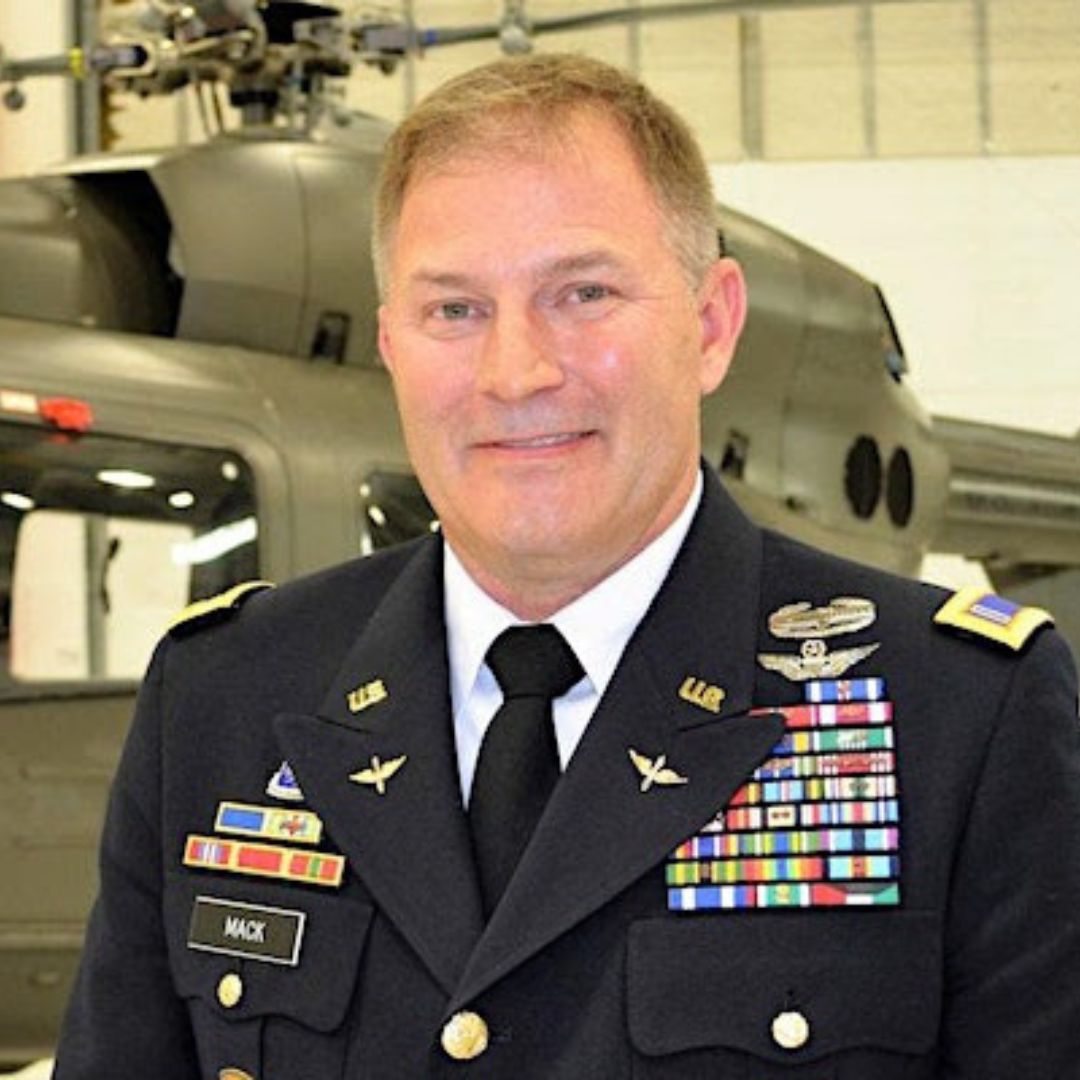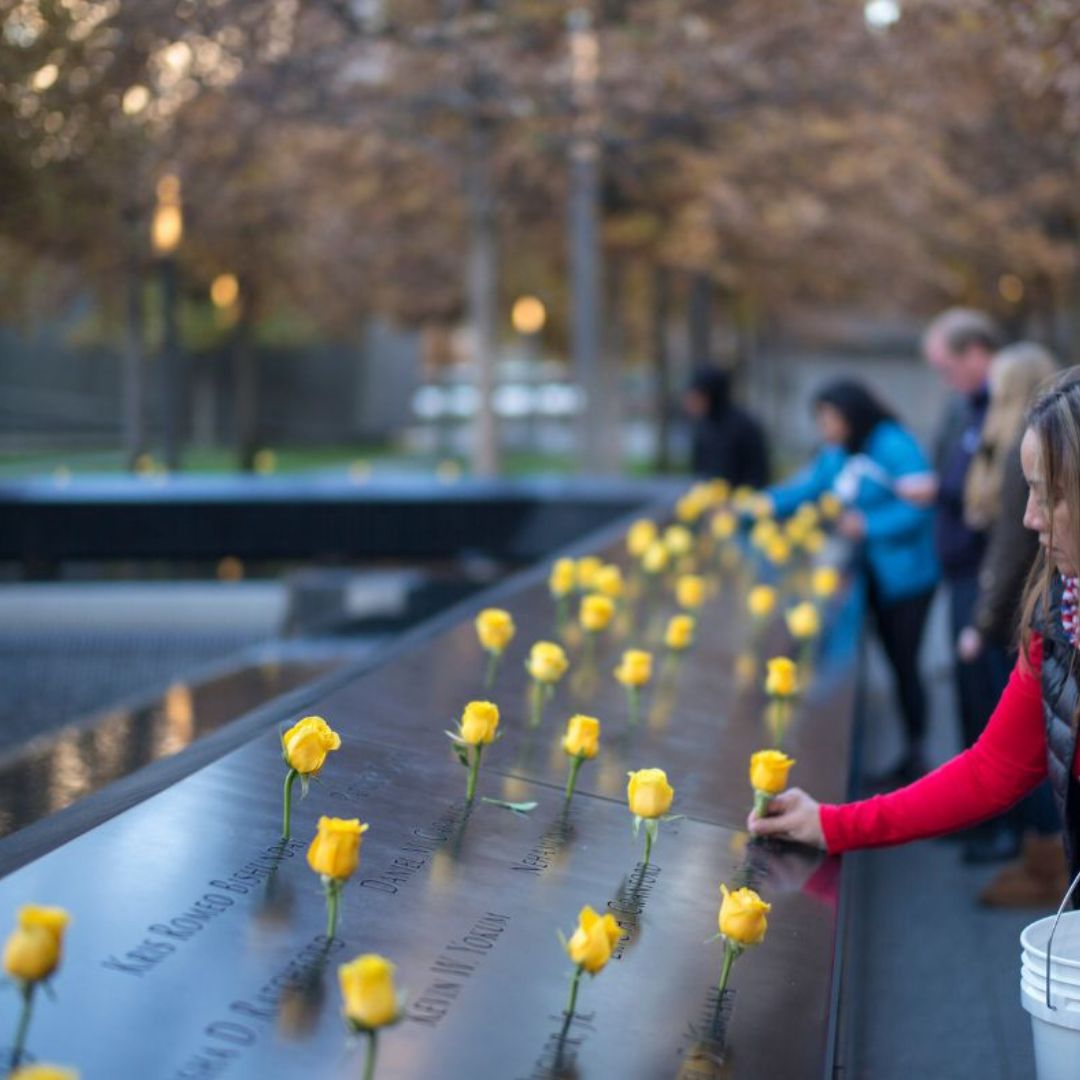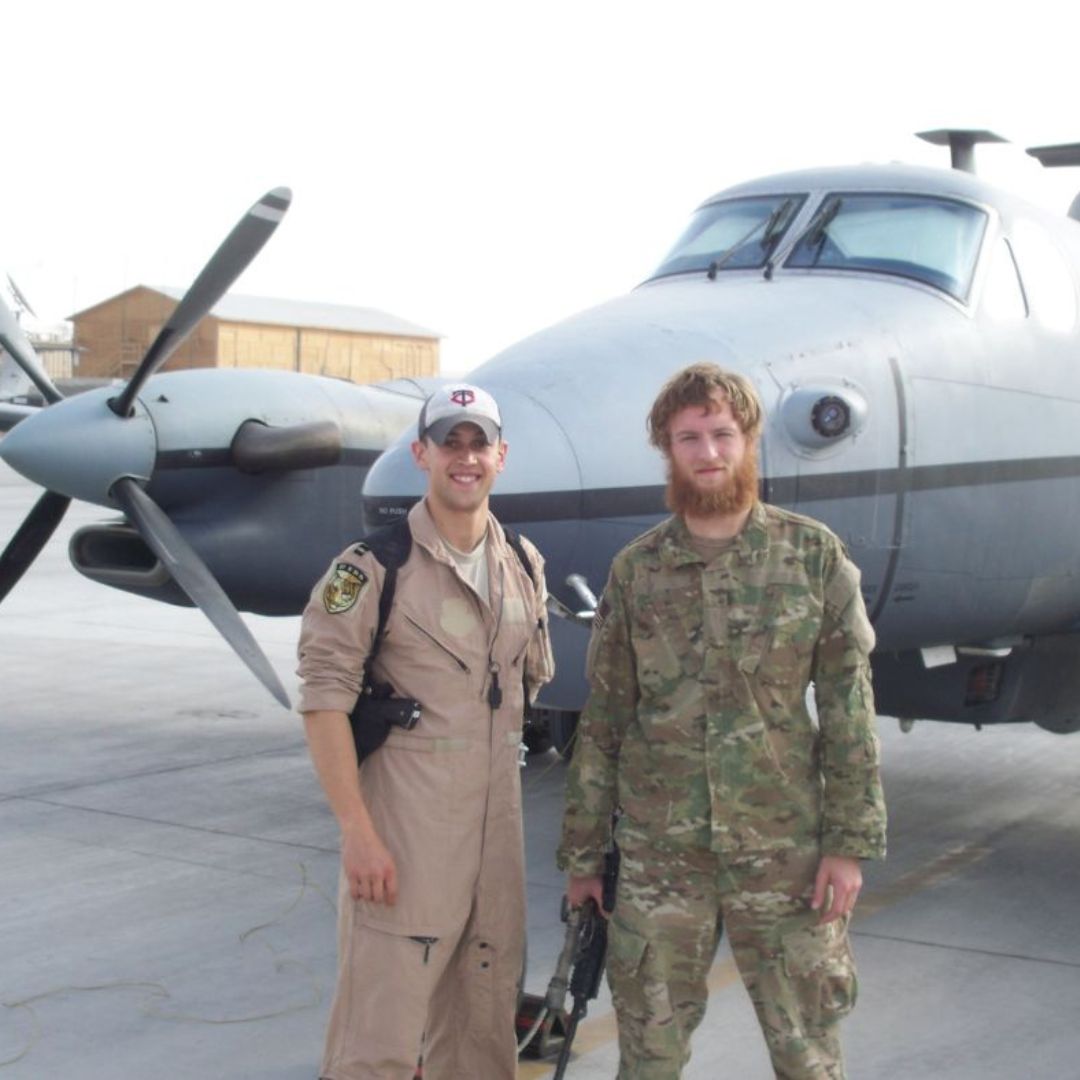New Book Recounts Planning of U.S. Response to Attacks, and Unexpected Impact
New Book Recounts Planning of U.S. Response to Attacks, and Unexpected Impact
- November 28, 2022

Photo courtesy Alan Ruck
Alan Mack, the Deputy Commissioner of Emergency Services in Orange County, NY, enlisted in the Army in 1981 and became a helicopter pilot in 1989. Eleven years later, in response to 9/11 attacks, he would fly the first missions into Afghanistan as part of Operation Enduring Freedom. He went on to serve several tours in Afghanistan and Iraq, working with Special Forces and other elite units including Delta Force and Seal Team Six, which killed Osama bin Laden in 2011. In his new book "Razor 03: A Night Stalker's War," the decorated pilot recounts the role he played in the U.S. response to the terrorist attacks — and how it impacted his family. Mack will sign copies of the book at the Museum on Thursday, December 1, and answered some questions for us ahead of time.
You have two very specific connections with the 9/11 Memorial and Museum. Can you tell us about them?
I was honored to have a part in the installation of Revealed: The Hunt for Bin Laden, which examined the greatest manhunt in American history. I shared personal accounts and loaned artifacts that were on display at the museum.
In 2011, I was invited to represent the Special Operations Aviation Regiment (160th SOAR) for New York’s first unveiling of De Oppresso Liber, the 18-foot bronze statue depicting a Green Beret soldier on horseback. The monument now overlooks the reflecting pools at the Memorial.
What inspired you to write this book?
After attending the movie premiere of 12 Strong in New York, I considered a friend's recommendation to write a book about my own experiences from the Global War On Terror (GWOT), especially our response to the 9/11 attacks. Unfortunately, although there are many great books and movies regarding overseas events I experienced, none were from a pilot's point of view or exploring the cost of service on family. I had a compelling story to tell, so I put pen to paper.
Why is this an important story to tell?
After my deployments to Iraq and Afghanistan, I read several books about those conflicts, which included many excerpts that mentioned me. That was the inspiration to share some of my wartime experiences and highlight some of my proudest moments, along with some challenging times I went through while fighting Taliban and Al-Qaeda terrorists. Writing this book was both cathartic for me and serves as a tribute to the many brave men and women that I served with, including many friends who never made it back home.
Can you tell us a little about your writing process?
First, I consulted my journals, calendar books, after-action reviews, and award citations to see what documentation I had. An outline emerged as I consolidated my materials. Then I sat at my keyboard nights and weekends until I typed the final period of the first draft.
Why is it important that future generations know about and understand this portion of the legacy - that 9/11 didn't actually end on 9/11?
People often thank me for my service, but I volunteered to serve where the fighting would be hard. My family signed up for the commitment to my job, but I don't think we expected a years-long fight with such personal sacrifice in support of our national interests. I'd do it all again, and so would my friends and peers. In these difficult times, I want people to know that there are men and women like me who will put service before self, an important concept to keep in mind as the past becomes more distant with each passing year.
What do you wish more people understood about the aftermath of the attacks?
Our military members committed to avenging the horrible attacks of 9/11 almost immediately, followed by years of taking the fight to the enemy on foreign soil. We intended to destroy Al-Qaeda and their affiliates or at least disrupt them enough that they could not wage war on our citizens again.
What do you hope people take away from the book?
My family and I held an unwavering commitment to our nation, to a fault. I learned too late the importance of maintaining a work-life balance for the long haul. Whether serving in the military or as a first responder or other hard-working American, if the job comes before family for too long, something will give — and maybe not the part you want. So, do whatever work you do, but consider your family in every career decision you make.
By 9/11 Memorial Staff
Previous Post
Team RWB Continues Veterans Day Tradition

Volunteers from Team Red, White, & Blue, an organization dedicated to enriching the lives of those who have served, placed yellow roses on the Memorial at the names of veterans killed on 9/11.
Next Post
Visionaries in Service: Phil Caruso

As National Veterans and Military Families Month winds down, we share another installment of our Visionaries in Service series. Here, Air Force veteran Phil Caruso, who retired as a Major with two Bronze Stars and now serves as Chairman and Executive Director of No One Left Behind, answers questions about giving back through public service.